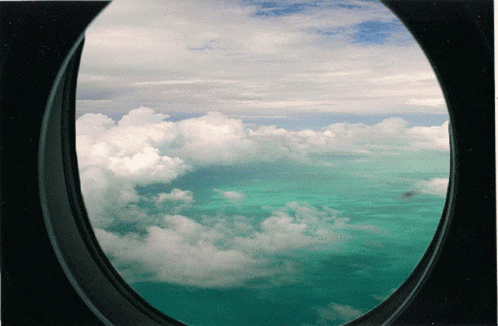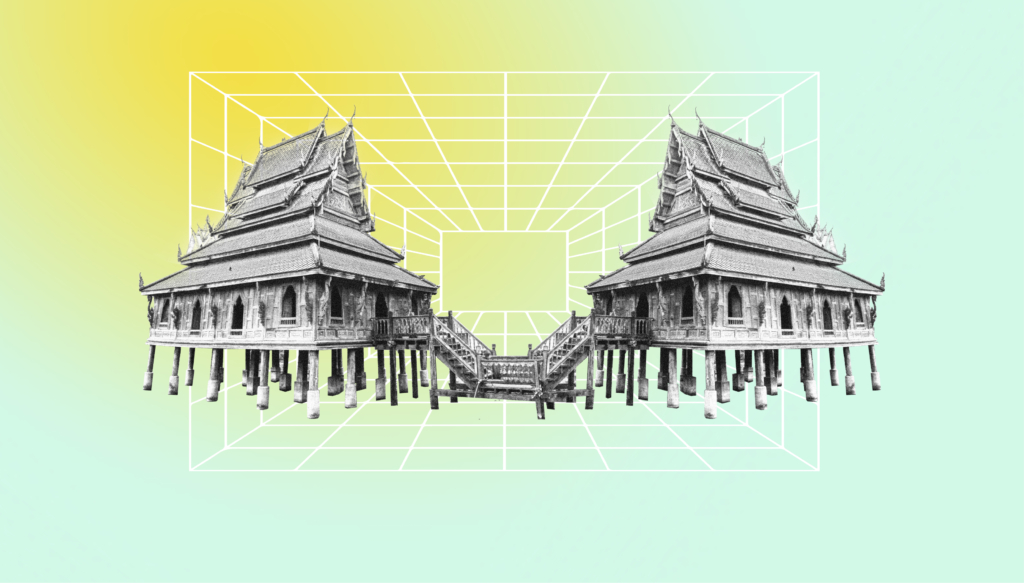
Envision boarding a plane headed for the United States, an echo of American accents swirling around you, their unique cadence so distinct from the one you’ve grown accustomed to. That was me in 2011, a bright-eyed Dartmouth freshman from South Africa, embarking on an American adventure with high hopes and jitters in equal measure. Despite the daunting newness of it all, I was eager to immerse myself in this new culture and turn a foreign land into home.
Just six months into my journey, a profound revelation struck me. I found myself seated at a friend’s Thanksgiving dinner, an unfamiliar array of turkey, stuffing, potatoes, and apple pie spread out before me. In that moment, my friend’s mother shared a poignant sentiment,
“I can’t remember the last time we hosted someone else for dinner.”
This declaration jolted me; it highlighted a stark contrast between my upbringing and the new culture I was navigating.
In my homeland of South Africa, my house thrived on the comings and goings of friends of all ages. An afternoon could find me doing homework at a family friend’s house, only for the evening to bring a collective dinner, shared stories, and laughter. This shared responsibility and mutual support fostered a deep-rooted sense of community that resonated within every aspect of my life. However, South Africa had serious political challenges and a questionable future so upon high school graduation I sought out opportunities that would provide a greater sense of freedom and optionality for my future.
Yet, in my new American life, not only did I have to fight for my freedom by navigating the complexity of visa standards, this community spirit seemed noticeably absent. The revelation hit me hard; a piece of me felt missing in this new “land of opportunity”. I found myself threading a delicate path between the world I left behind, the reality of the world I was living in as a US immigrant and the hope of a world I was eager to create, one that didn’t exist yet.
In observing the world around me, so many paths led to sub-par life outcomes. Ethical technologist Aza Raskin’s prediction that loneliness will emerge as a global security risk in the upcoming decade resonated with my experience. It was a troubling notion, but one that I found increasingly mirrored in the American society. I found myself in a country where almost half of its people reported feeling isolated, and where community spaces were dwindling. The loneliness crisis was evident in the emptiness of community centers, quiet dinners before screens, and endless scrolling on social media.
This, with an eye into the standard American Dream path – Ivy League college, high grades, lucrative corporate job, settling in the suburbs – which seemed more like a constraint than a promising future to me. I didn’t want just to follow a well-trodden path that didn’t have high success of positive outcomes. I wanted to create a new future that helped me and many around me thrive.
This realization spurred me into action. I set out to create a new path, fueled by my longing for a deeper sense of community and shared purpose to make a positive impact. A path that took me from exploring co-op housing, travel, experiencing exchange student life, diving headfirst into niche festival communities across the world, to leading a nomadic lifestyle. Every new experience was a stepping stone in my quest to understand how to foster a sense of belonging that transcended geographical borders.
As my journey unfolded, I found myself planning unique gatherings, establishing co-living spaces, and even orchestrating the relocation of entire friend groups to live within close proximity. Guided by a deep love for people, a fascination for social dynamics, the belief that connection should be effortless, and collectives have the potential to make a much larger positive impact on the world, I sought to create a space where I, and many others, could finally fit in.
As part of this journey, I was also drawn to the world of Ethereum and its potential for building decentralized community incentive models. My role at Gitcoin led me to explore how to fund public goods and shared needs of local communities in a more inclusive way.
This journey led me to build something unique called Zuzalu – an opportunity to build a pop-up community in Montenegro that ran for two months. In collaboration with visionary minds like Vitalik Buterin, Nation State builder, Milos Tomic, and ambitious next generation leaders like Nicole Sun. Along with a small core team of builders – Ilana Brown, Marine Andraud, Vincent Weisser and Laurence Ion – we brought together some of the brightest minds from across the world, their interests spanning Ethereum, ZK-tech, Bio-tech, Longevity, AI and Philosophy.

I’m excited to share more about this journey in the coming posts – the successes, the challenges, and the profound impact it had on us all and the hopeful impact it has on the world. This isn’t just a story to tell, it’s a call to action. My hope is the journey I share with you leaves you feeling more inspired to live a happier, healthier and more productive life through community. The future should be a fun and endless playground. I’d love to see all of you inspired by Zuzalu and help us build our ecosystem.
We’re on a mission to foster a global decentralized community that advances humanity by creating a playground at the intersection of free and open technology, health, and social innovation, supporting personal growth, mutual respect, and authentic kindness.
